From an Eighth-Grade Education to a World-Renowned Pediatric Surgeon
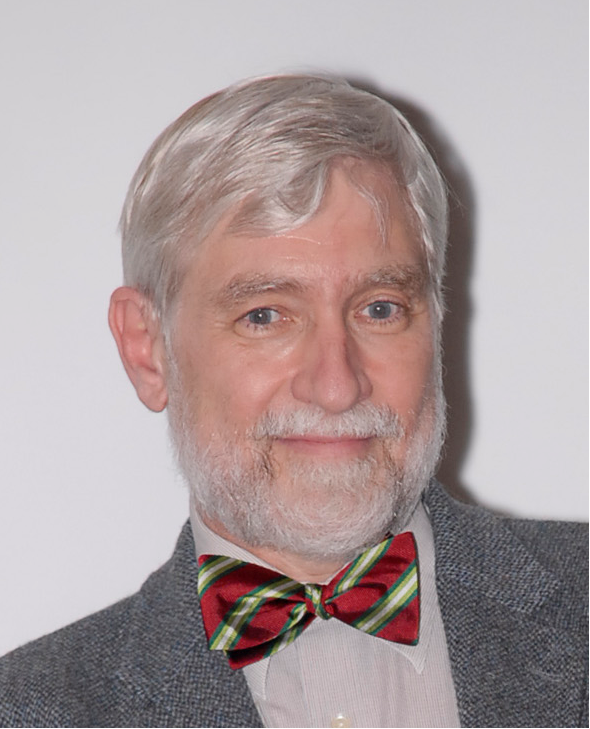
I promised a series of stories from those who have emerged from a Plain community with an eighth-grade education and went on to earn a college education. Today I begin that series with Freeman Miller, M.D. who is a world-renowned pediatric orthopedic surgeon. His distinctions include being listed in Best Doctors in America and U.S. News & World Report Top Doc, as well as receiving a lifetime achievement award for the treatment of cerebral palsy from the Royal College of Surgeons of Scotland. Dr. Miller is actively involved in research and has authored more than 100 research publications in peer-reviewed journals. He has written 11 book chapters and has authored several books for the education of medical professionals as well as parents and non-medical caretakers of children with cerebral palsy. As part of his focus on education, he trains residents, fellows and visiting observers, and is frequently invited to teach and lecture at national and international courses, institutions and educational symposia.
All this came out of Freeman Miller’s humble beginnings of being born and raised in an Amish family and community. He is a shining example of what is possible for those of us who leave the Amish with only an eighth-grade education. Not all of us are going to make such a difference in our world as he has made. However, we can certainly make whatever contributions our talents allow. For some, acquiring more formal education is important in following their dreams and realizing their potential. Now Dr. Miller is helping to make that possible by supporting the Amish Descendant Scholarship Fund to help the former Amish who are in the beginning of their educational journey. I am grateful for his kindness and generosity.
I asked Dr. Miller a series of questions. Here is the interview.
How old were you when you left?
I was drafted during the Vietnam War when I was 18 and worked at the University Hospital in Denver Colorado. I was never a church member and went from the draft obligation into my college education.
What (or who) inspired you to seek a college education?
While I was working in the emergency room at Colorado General Hospital I found I enjoyed medical work. Initially I decided to enter a Physicians Assistant Program because the medical school route seemed too overwhelming.
What obstacles did you encounter?
The University of Colorado had a Denver extension and they encouraged employees to seek educational opportunity. I applied to the University and was send a letter of acceptance. However when I went to register, they noticed that I did not have a high school diploma and initially they said I would first need to get a GED. At the same time I was trying to sign up for class, there was a large demonstration with a pile of burning tires on the campus. I insisted they had sent me an acceptance letter, which I had in hand. With all the anxiety of the demonstration and my insistence on signing up, I seemed to be one less problem they needed. They agreed that I could take two classes and I would have to get at least a B in each class or I would be dropped. I thought this seemed like a fair arrangement.
Who supported you in this venture, and what kind of support was offered?
When I was allowed to sign up for two classes, I chose biology which I figured would be easy and it was, however I was most concerned about my language skills so I also signed up for an English class. During this time I was dating Lois who later became my wife, and she was my God-send English tutor or I would have never made a B in English. She continued to be my English support through college. When I took the Medical School Entrance Examination, my English score was quite low to where I was asked in several interviews if I have trouble with communicating in English.
What was your area of study?
I initially went through a Physician Assistant Program which was being newly developed mainly to serve the returning war vets, but I also qualified with my hospital experience. This was a combined Community College and University Medical School program. While I was completing this course, I gained confidence that I could manage the educational courses and I also could see that the program would be very limiting on what I could do. After completion of this degree, I returned to the University of Colorado, completed pre-medical class requirements, and was accepted into the medical school.
In what ways did your college education change your life?
My education has allowed me to have a rewarding career taking care of children with neurological problems, mainly cerebral palsy. It has also allowed me to have a very large world-wide exposure to many cultures, especially in connection with medical care for individuals with disabilities. I have been an invited guest speaker in more than 40 countries where I often have a chance to get to know and see how people are living. This wide exposure has given me a sense of how alike we are no matter where we happen to have been born and where we live. Here are some the examples that the educational experience has afforded me.

I spent six weeks teaching these local surgeons in Uganda in February and March 2023

This is a lunch at conference with ten people from nine countries in Yerevan, Armenia. These surgeons were from France, Switzerland, Poland, Iran, Armenia, Greece, Turkey, Israel and the United States. It is a wonderful opportunity to meet doctors from so many countries.
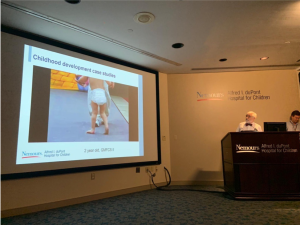
I have enjoyed teaching, and I have given many lectures. This is photo of a lecture to our hospital medical staff.
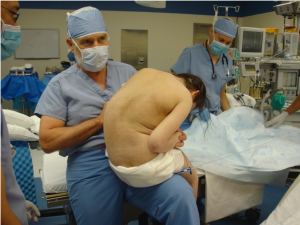
This photo shows me examining a child in the operating room, just prior to surgery to correct her curved spine. It has been a great privilege to help many children and their families manage disabilities.
What advice do you have for someone who had their education limited as a child and longs for more formal education?
I think you probably have to get a GED, and there are a number of schools that offer evening classes to prepare you for getting a GED. Based on this experience you will gain confidence in being able to handle the world. If you grew up in a Plain community, you likely learned how to work, persist to get a job done, and you learned discipline. These are really important parts of higher education. Realize that many students you will encounter will not have these attributes and will struggle with setting study times and getting projects done in time. Realize that intelligence is not the primary defining factor in my estimation, it is having a work ethic and discipline to stick with it until you get to where you want to go. I think it is important to have a goal that you are working toward, although education for education’s sake has merit. Growing up in a culture where education is not valued, I expect it would be hard to stay with the commitment that is needed to progress.
My first interview with Dr. Miller was published on the Amish Descendant Scholarship Fund blog in 2013.
How an Amish Boy Became a Physicist, Part 1
Today I bring you the amazing story of Leon Hostetler’s educational journey that took him…
To order a signed copy of my book(s), click on an image below. You will be taken to the books page of my author website to purchase.
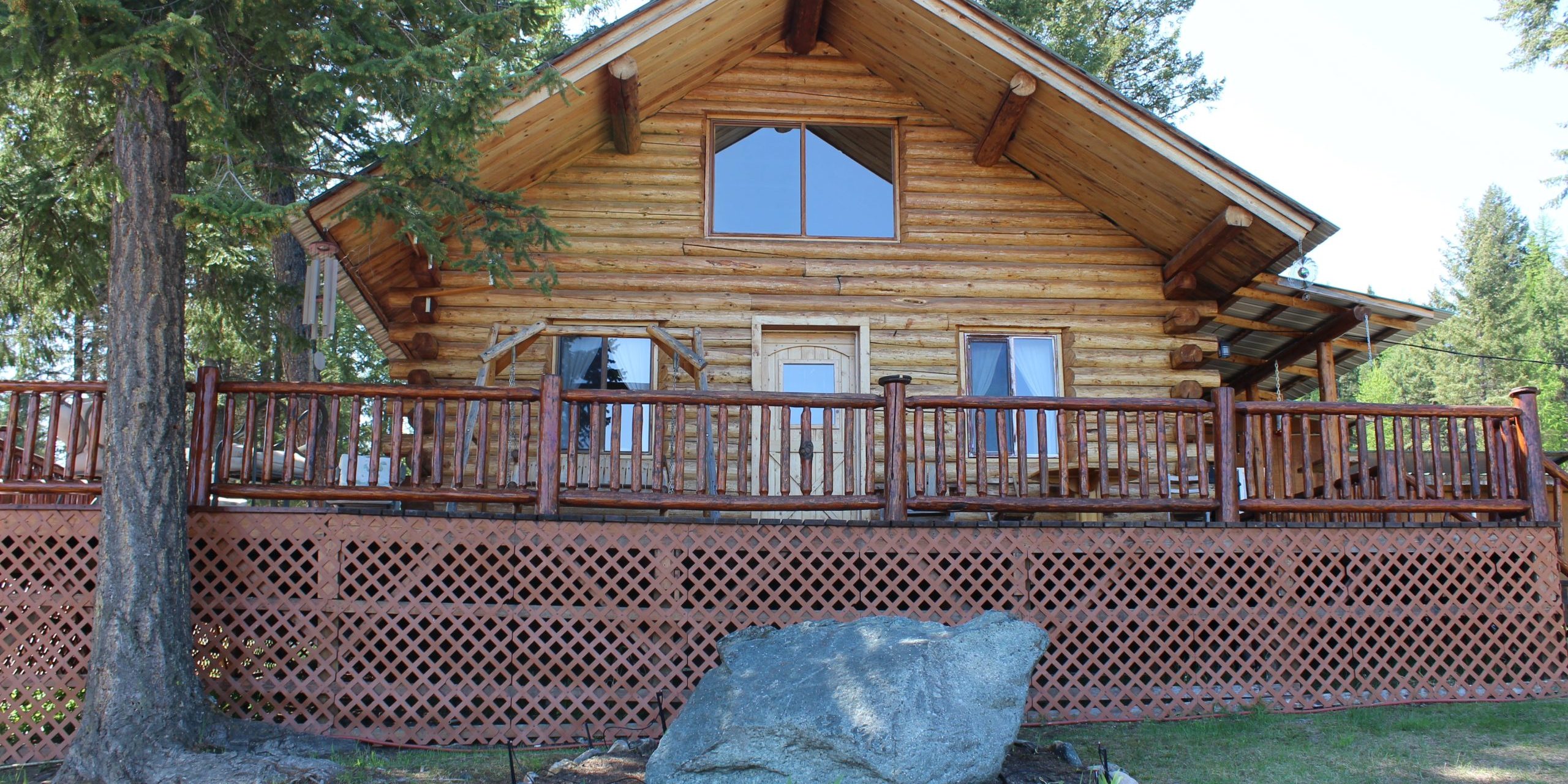

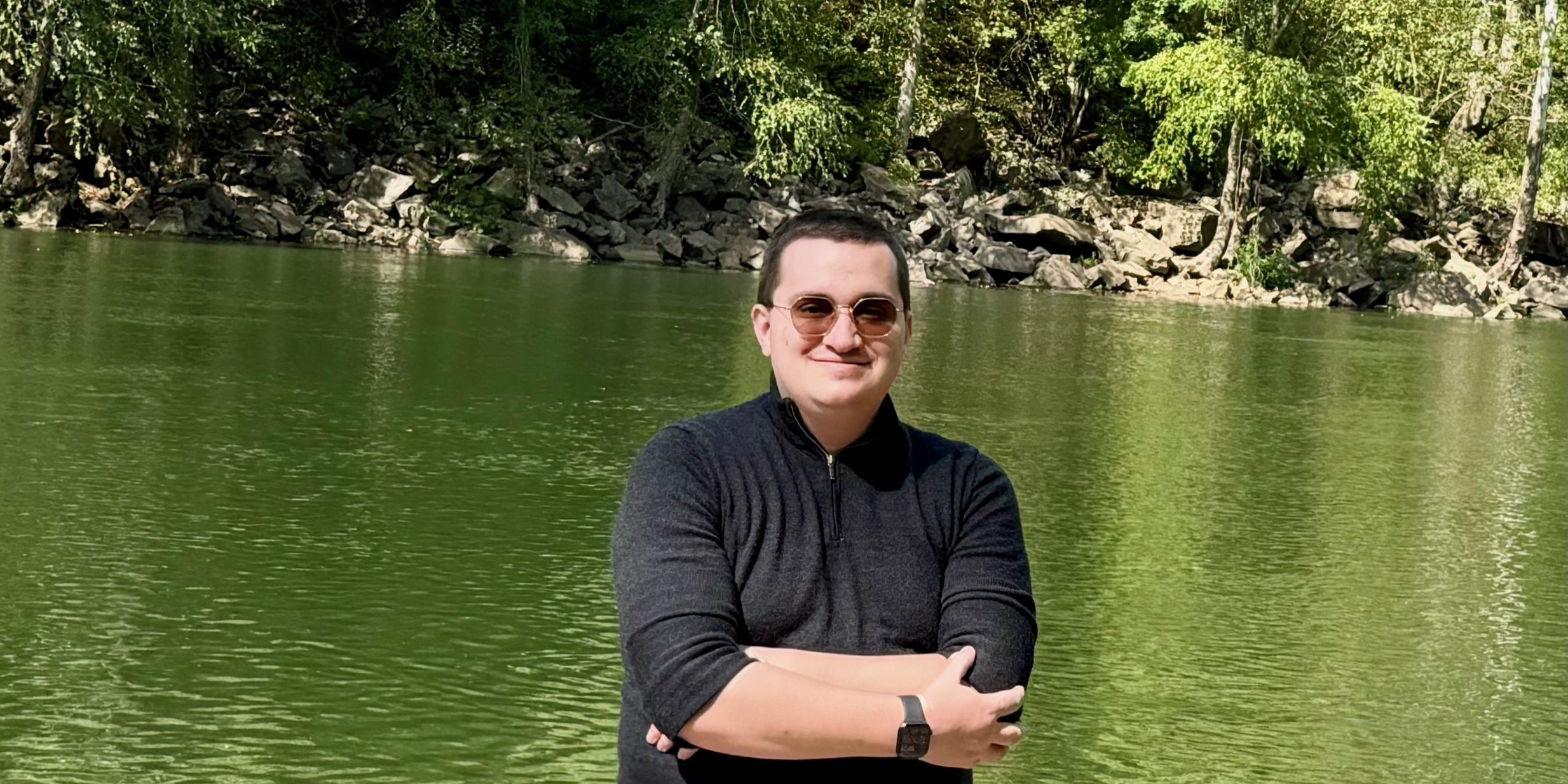
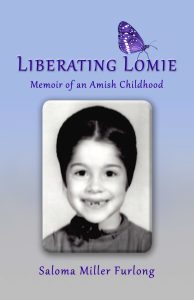

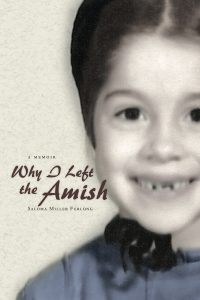
What an inspiring story! I worked as an RN for 25 years and so admire those physicians like Dr. Miller who give of themselves quietly and modestly. More docs of his caliber are needed, believe you me!
That he found his calling through the military was also interesting, as my maternal grandfather became a career Army officer after leaving the so-called Amish-Mennonites. Having served in the military myself, I can say that many use it as a steppingstone or entryway to a new way of life. The military encourages higher education and offers supports and incentives to those who pursue it. With that being said, the military lifestyle isn’t for everyone.
I look forward to the next story in this particular series.
Celia, thank you for your comments. I agree with you that we need more doctors like Dr. Miller who give of themselves.
I have several cousins who entered the military after leaving the Amish, and I know of others as well, including my father. However, he later went back to the Amish, which is how I came to be.
I’m afraid I wouldn’t make it through boot camp!
Thanks again for your comments.
Amazing. Thanks for the interview. I recently stayed with an Amish family and at dinner asked the husband why the insistence on a low education level and wouldn’t that be preventing the community from turning out important assets like doctors? He said it prevented people from leaving. At least he was honest!
Philosophically, that begs the question of whether it is right that the culture is held together by limiting their children’s education, doesn’t it? It is admitting that if their young people are educated they might realize they have a choice of whether to stay or go. At fourteen, children are unable to fend for themselves. By the time they’re eighteen, they have already acclimated to the idea that this is “the way it is” and therefore many of them don’t even ask the question, “Should I stay or go?”
What baffles me is when young people do leave, it’s usually for other reasons, and education is not even in their minds. The desire for more education was one of the driving forces that caused me to leave. So their restriction worked the opposite way for me.
Both of my parents were baptized into the Amish church and left when they were in their early twenties with three young children. My father had been a dairy farmer and blacksmith with some construction experience. He went on to have his own contracting business. After two more children came along (I am the youngest) my mother obtained her GED and attended an adult education program and graduated at the top of the Licensed Practical Nurse class. Both of my parents overcame the lack of education beyond the 8th grade and enjoyed successful and fulfilling careers.
Deb, I love stories like this! Good for them. Sounds like your mom excelled in education. Perhaps she was one of those who emerged from the Amish with that native intelligence that runs through many Amish families.
I’ll be in touch with you via email about possibly inviting them to the symposium next summer.
What an inspiring story! This makes me wonder why the Amish keep stopping education at the eighth grade. There could be doctors and other medical professionals within the community who could easily understand and get them the medical attention they need. Also teachers, accountants and other professions. What are the Amish going to do when/if the farming or blacksmithing jobs disappear?
They are already at that point. And they do what they have always done… adapt. Many Amish men are now working in factories or running their own businesses, which exposes them to the “outside world.” Through all of that, not many of them question the reasons why they cannot further their education because that “limit” is so ingrained in the Amish mind.
Many Amish will seek alternative medicine as their choice when they need medical care. That doesn’t always turn out well, but that is another story.
What an amazing life story. I found it interesting what he said about work ethic that because it is instilled in the Amish way of life it helped him & will help any young Amish person who decides Amish life is not for them. But that it’s best to have a goal because just wanting an education for education sake may be difficult because of the fact that the Amish don’t put as much value on education as it does having a good work ethic. Haven’t a good work ethic is a good thing, my parents and grandparents instilled that in me but I find it sad they think so little of education.
This is an encouraging story for those who are thinking of leaving or have left the Amish way of life. It gives them direction, it gives them hope.
Thank you Saloma for sharing this interview.
Be well!!!!!!!
I agree, Pamela. This is an amazing life story.
I must be unusual in this, but I loved every bit of my education for its own sake. I didn’t have a career goal in mind when I was taking college courses. When that time came, I was sad to graduate… I could have gone on like that for a long time. The work ethic I grew up with was helpful, all the same. One of the aspects of a strong work ethic that is often overlooked is to complete that which we start. I tend to follow through with projects I begin, and that was something I learned from a young age.
So glad you stopped by, and thank you for your comments.
Saloma, I think you just have a great love for learning!!!! Nothing wrong with that. Personally, I think its awesome!!!!!!
Thank you, Pamela.
[…] Paul Nisly, Nancy Nisly, Rose Fisher, Luella Gilbert, Saloma Furlong, David Furlong, Aleta Schrock, Freeman Miller, Lizzie Hershberger, Harley Yoder, Lois Miller, Erma Miller, Naomi Clark, Marilyn Coblentz, Naomi […]